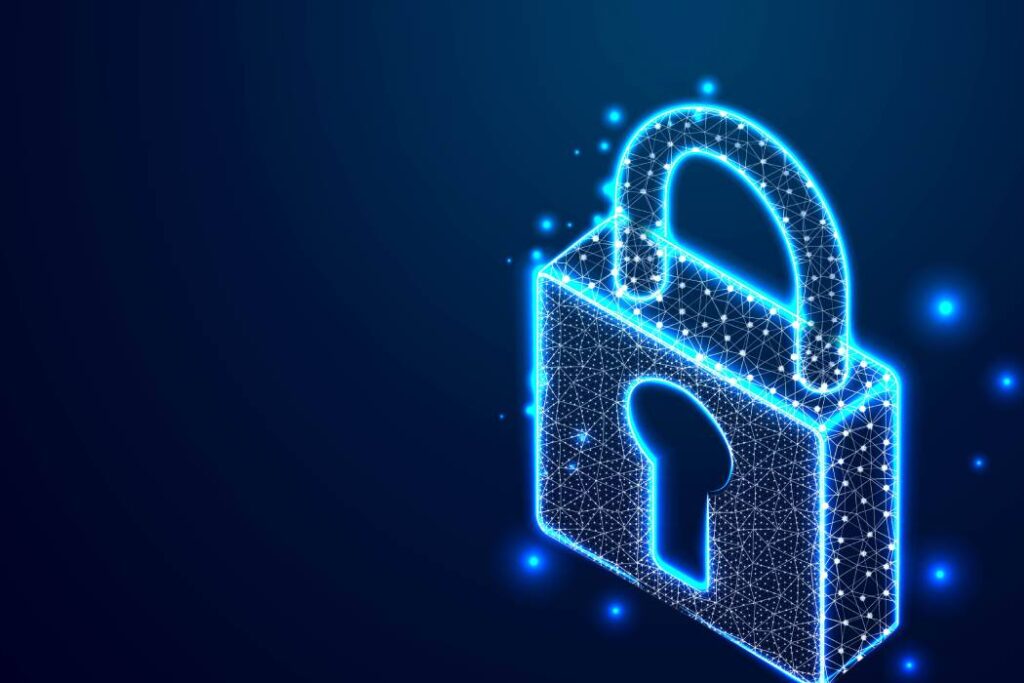
Blockchain technology is rapidly transforming industries by offering transparent, decentralized solutions. However, with great power comes the responsibility of ensuring security and compliance. As businesses increasingly rely on blockchain for transactions, the need for robust analysis to safeguard operations has never been greater.
The Role of Blockchain Analysis
Blockchain analysis enables businesses to gain insights into the flow of digital assets, providing a clearer understanding of transaction patterns and behaviors. By leveraging advanced tools, companies can detect anomalies and suspicious activities that might otherwise go unnoticed.
Ensuring Security
Security is paramount in any industry, and blockchain is no exception. Through thorough analysis, businesses can spot vulnerabilities and mitigate risks, ensuring that transactions remain secure from threats like fraud, hacking, and data breaches.
Ensuring Compliance
Global regulations like Anti-Money Laundering (AML) and Know Your Customer (KYC) requirements demand businesses to monitor transactions closely. Blockchain analysis helps ensure compliance by tracking every blockchain transaction, providing real-time data and documentation to meet legal requirements.
Conclusion
Blockchain analysis is a critical tool in driving security and compliance. By staying ahead of potential threats and meeting regulatory standards, businesses can confidently embrace blockchain technology while protecting themselves from legal and financial risks.








